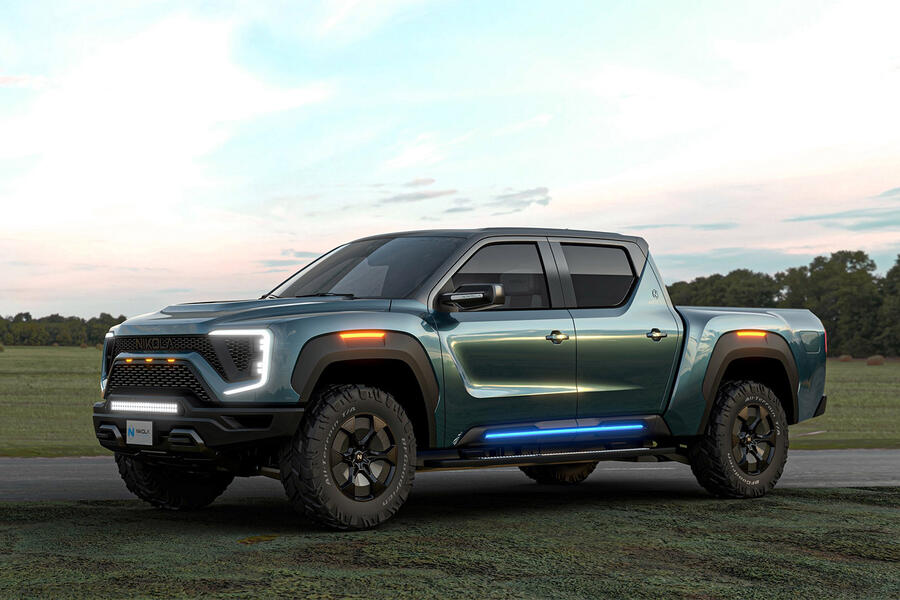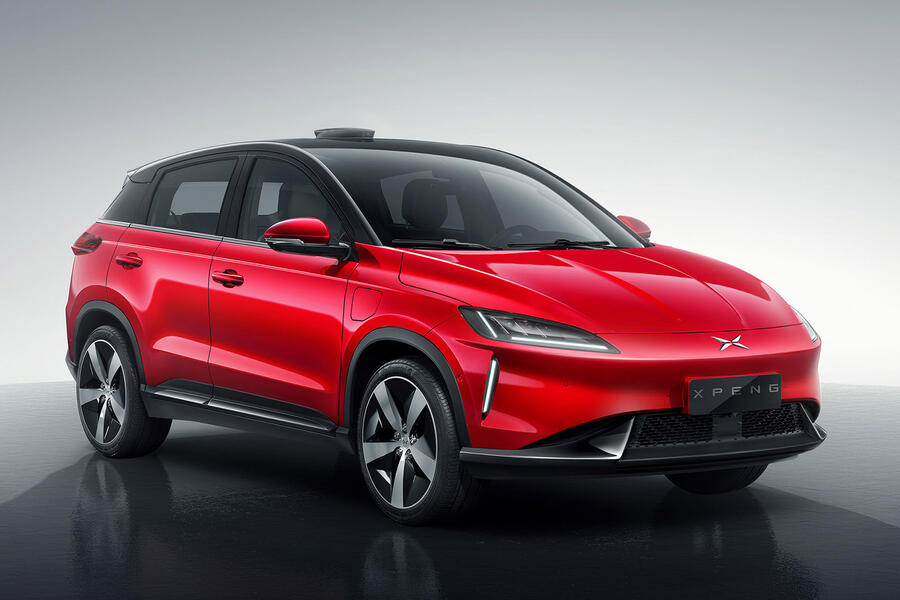On 10 June this year, Nikola, a US start-up specialising in battery-electric and fuel-cell commercial vehicles, briefly became more valuable than Ford after optimistic investors pushed its stock value to $33 billion. It had yet to sell a vehicle, against more than five million sales a year for Ford.
It has been an extraordinary year for electric car start-ups, which have seized on the unprecedented appetite for tech stocks to fund themselves by listing on US exchanges.
After Nikola went public in June, Chinese electric car firm Li Auto listed in July, followed by Fisker, run by ex-Aston Martin designer Henrik Fisker.
Then came Chinese electric SUV hopeful Xpeng, and US sales-by-subscription EV start-up Canoo.
Other, previously listed electric vehicle makers saw their stock reach barely believable heights. Tesla, the company whose soar-away share value is arguably responsible for all this start-up confidence, overtook Toyota in July to become the world’s most valuable car brand. Since then, its value as measured by stock price has almost doubled again to $394bn.
Meanwhile, Chinese EV brand Nio has seen its US stock shoot upward from $2.4 per share in March to $27.60 now, valuing it at almost $37bn.
By contrast, Ford is currently worth $30bn, while the Volkswagen Group is at $71.5bn and General Motors $50bn.

Values are now so detached from earnings reality that many fear a second tech crash similar to the dotcom bubble at the start of this century. This prospect was the second-biggest concern among investors surveyed by the Bank of America recently, eclipsed only by a potential second wave of Covid-19.
The fears seem valid. Apart from Xpeng and Li Auto, none of the start-ups listing on US exchanges this year had delivered a single vehicle. Nikola’s stock price was dented in August when it disclosed that its only revenue that quarter had been generated by the company selling solar panels to its now departed founder, Trevor Milton (see above right).
That makes investors sound ill-informed and, in some ways, they are. Fisker, Canoo, Nikola and EV pick-up truck maker Lordstown Motors all went public in the US via something called a special purpose acquisition company, or SPAC, aka a blank-cheque company, which lists then merges with the company seeking the listing (Fisker merges on 30 October, for example). It’s a far quicker process, partly because the company can avoid releasing all the information normally required by a listing.

Add your comment